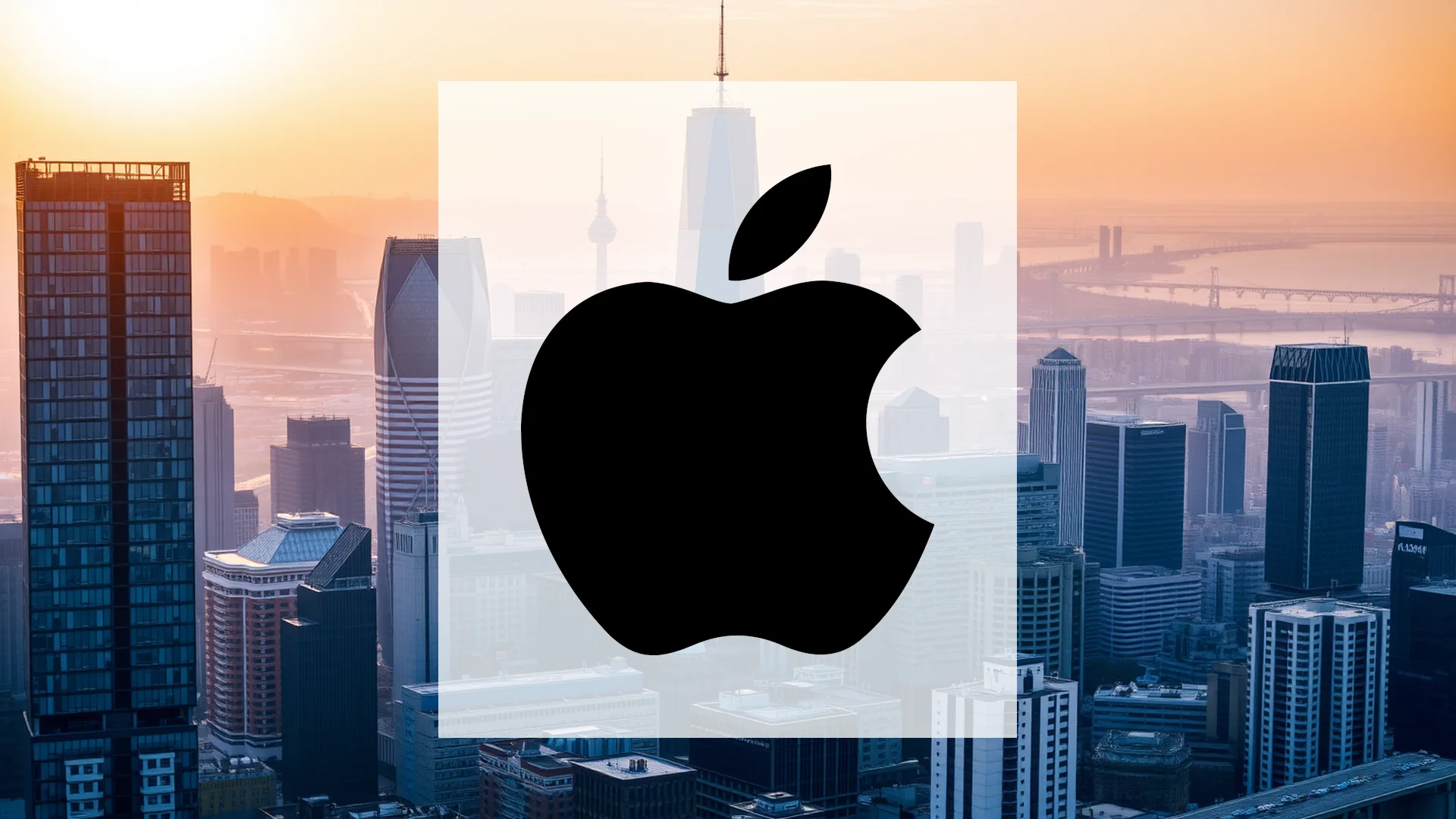Wall Street analysts delivered a notably tepid response to Apple’s September 9th product launch event, with several firms downgrading their outlook on the tech giant’s stock. The newly unveiled iPhone 17 lineup, including an ultra-thin iPhone Air model and updated Pro versions, failed to generate the anticipated enthusiasm among market experts, raising questions about Apple’s innovation trajectory.
Downgrades and Diminishing Confidence
Within days of the keynote presentation, DA Davidson removed its buy recommendation for Apple shares. The firm characterized the new offerings as “uninspired,” citing a lack of compelling reasons for consumers to upgrade their devices. This assessment was followed by even more bearish moves from other analysts.
Phillip Securities took a more aggressive stance by downgrading Apple to “Reduce” with a $200 price target. Analyst Helena Wang highlighted multiple headwinds facing the company, including tariff pressures, rising investment costs, and—most significantly—weakening sales performance in the critical Chinese market. According to industry tracking by MacDailyNews, analyst sentiment toward Apple has reached its lowest point in five years, marking a dramatic shift for a company long regarded as a technology innovation leader.
Incremental Improvements Fall Short
The iPhone Air, measuring a record-thin 5.6 millimeters, was positioned as the centerpiece of Apple’s presentation. Alongside the new iPhone 17 models, the upgraded A19 Pro chip, and enhanced camera systems, the company demonstrated solid technological progression across its product range.
However, this evolutionary approach proved precisely the problem. While Morgan Stanley acknowledged the “truly differentiated” design of the iPhone Air, the firm simultaneously noted that more substantial updates likely wouldn’t arrive until 2026. HSBC analysts pointed out that Apple Intelligence features “still haven’t delivered on their 2024 promises,” with only the AirPods Pro 3’s live translation capabilities generating notable interest—insufficient to drive significant sales momentum.
Should investors sell immediately? Or is it worth buying Apple?
Artificial Intelligence Delays Compound Concerns
Adding to Apple’s challenges, the highly anticipated Siri overhaul faced another postponement, now scheduled for 2026. This delay places Apple at an increasing competitive disadvantage as rivals including Google and Microsoft continue to aggressively expand their AI capabilities.
The company’s position in artificial intelligence development was further weakened by the departure of several key personnel. Ruoming Pang, Mark Lee, and Tom Gunter—all significant contributors to Apple’s AI initiatives—reportedly left to join Meta, exacerbating concerns about the company’s ability to compete in this critical technological domain.
Performance Lags Behind Tech Peers
Apple’s stock performance reflects this growing market skepticism. With a decline exceeding 6% since the beginning of the year, the company currently trails behind other members of the “Magnificent 7” tech stocks. Analyst consensus suggests minimal upside potential, with average price targets of $240 representing just 3% appreciation from current levels.
Some market observers maintain cautious optimism looking toward 2026. Morgan Stanley anticipates “the most significant Apple Intelligence update” potentially arriving that year, possibly through partnerships with Google, OpenAI, or Anthropic. Citi analysts have speculated about a foldable iPhone model that might stimulate a stronger upgrade cycle. The central question remains whether Apple can maintain investor confidence until these potential catalysts materialize.
Ad
Apple Stock: Buy or Sell?! New Apple Analysis from February 7 delivers the answer:
The latest Apple figures speak for themselves: Urgent action needed for Apple investors. Is it worth buying or should you sell? Find out what to do now in the current free analysis from February 7.
Apple: Buy or sell? Read more here...










